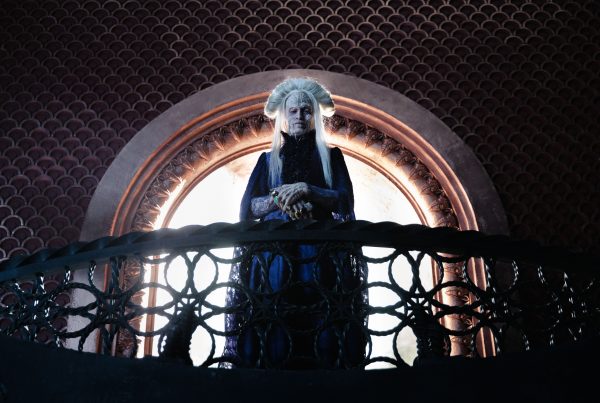Peter Devereaux, the antiheroic figure at the center of “The November Man,” is a familiar brand of unstoppable badass: the burned ex-spy gone rogue, operating outside the laws of an institution that operates outside the law, the shadow behind the shadows. Devereaux is American, supposedly, though his accent suggests vaguely European worldliness; he’s really from everywhere and nowhere, residing not in a physical place but in the land of myths and archetypes.

He’s played by Pierce Brosnan, who knows a thing or two about portraying international spooks, though he brings little of 007’s suavity and decorum to this film. He’s more of a shoot-first sort of loose canon, and he never misses his target. Brosnan isn’t as young as he used to be, and at 61, he could be a few short years from “Expendables” territory. But for now, he remains effortlessly handsome, and he can still carry an action movie on his own. He can hold his firearm straight, wield a blunt object for maximum force, and down a bottle of bourbon in between pointed wisecracks, and in “The November Man,” not much more is required of him.
That’s because this is a movie that completely dispenses with character development, existing on a flat, colorless plane of global intrigue. Everyone’s an archetype (less generous critics would call them stock characters), and the entire movie is exposition piled onto exposition. The cold, calculating Soviet strongman, which Hollywood has continued to trot out for its cardboard villains long after the end of the Cold War, returns here in the form of Arkady Fedorov (Lazar Ristovski), a general-turned-politician once involved in Chechnyan war crimes whose hired thugs have been “eliminating” anyone with knowledge of his past. Devereaux, retired in Switzerland, is covertly brought into the CIA to find the last remaining witness to Fedorov’s crimes, a sexually abused young woman. But it isn’t long until Devereaux himself becomes a CIA target investigating misdeeds within his former organization as well as Russia’s elite.
The other players in this sweeping geopolitical saga border on unintentional parody, from the salty-tongued, uncouth intelligence honcho (Bill Smitrovich) who refers to a top female agent as “tits” and “twat;” to the requisite ruthless Russian hitwoman, beautiful but severe (Amila Terzimehic). Under the direction of longtime thriller craftsman Roger Donaldson, they all enact clichés with gusto, striding confidently in the foreground of exploding automobiles.

Behind the lens, Donaldson too is tempted by the familiar; his normally steady camera conspicuously jitters during tense scenes, and the score, which is laden with peppy gravitas, might as well be titled the “Spy Movie Public Domain Suite.” As for the screenplay, penned by Michael Finch and Karl Gajdusek from a Bill Granger novel, its revelations are frequently several steps behind a thinking audience, but at least the film’s attractive images and crafty editing take the scenic route toward inevitability.
To give some credit where it is due, Devereaux is not the morally virginal action hero of yore. In one scene in particular, he acts irredeemably cruel, in a plot point that is both curious and bold in its potentially alienating impact. If his character eventually wins us over again, it’s only because everybody else in the movie is either a victim or a corrupt, violent, heartless and untrustworthy snake. There are no good guys in this world, least of all the brazenly post-Snowden CIA, a monolithic institution whose ubiquitous drones capture every errant sneeze on the city streets. We also witness private citizens’ e-mails pulled up in a matter of seconds, for nefarious purposes.
Much of the movie’s mechanics might be rooted in decades of spy-film formulae, but in this respect, its weariness toward traditional heroism and its pointed cynicism about the intelligence community plant it squarely in the 21stcentury.
“The November Man” is now playing at most area theaters.







